Authorities have deployed 40,000 police to the streets and detained more than 900 people, with around 200 officers injured, officials said. No information was available about any others injured.
Macron, who returned to Paris from a European Union summit, held his second crisis meeting in two days. The president urged parents to keep their children home and said he had been in contact with social media firms asking them to monitor and remove content inciting violence.
“The two nights we have just experienced are part of a situation which is absolutely unacceptable and unjustifiable,” Macron said.
He accused those involved in the protests of opportunistically exploiting “the death of a teenager, which we all deplore.”
But in a punchy statement Friday the National Police Union Alliance said in a statement that “all means must be put in place to restore the rule of law as quickly as possible,” and words were not enough.
“Faced with these savage hordes, asking for calm is no longer enough, it must be imposed,” it said.
Video captured the shooting
The government has stopped short of declaring a state of emergency — which it did in 2005 after the death of two boys fleeing police caused widespread rioting.
Meanwhile, lawyers for the officer accused of pulling the trigger, who is kept anonymous by French law, said his client was sorry and “devastated.” Attorney Laurent-Franck Lienard told France’s BFM TV, “He doesn’t get up in the morning to kill people. He really didn’t want to kill.”
Footage filmed by bystanders showed two police officers leaning into the driver-side window of a yellow car, with one of them appearing to fire a shot as the vehicle pulls away. The car crashed into a post nearby and prosecutors said the driver died at the scene.
Prosecutor Pascal Prache said the officers tried to stop Nahel because he looked so young and was driving a Mercedes with Polish license plates in a bus lane. He allegedly ran a red light to avoid being stopped and then got stuck in traffic.
Prache said his initial investigation showed that “the conditions for the legal use of the weapon were not met.” The officer has been handed preliminary charges, which mean magistrates strongly suspect wrongdoing but need to investigate further before they can send the case to trial.
The case has led to renewed outrage from campaigners who allege institutionalized discrimination by law enforcement — and that the nation’s official commitment to colorblind universalism only serves to entrench widespread racism.
“How do we make it so that we have a police force that when they see Blacks and Arabs, don’t tend to shout at them, use racist terms against them and in some cases, shoot them in the head,” said Dominique Sopo, head of the campaign group SOS Racisme.
The United Nations human rights office said the killing was a moment for the country to address deep issues of racism and racial discrimination in law enforcement,” spokesperson Ravina Shamdasani said in a statement. She called on the country to ensure that “the use of force by police” was proportional, legal and nondiscriminatory.
Matt Bradley, Laura Saravia and Nancy Ing reported from Paris, and Alexander Smith reported from London.
Nancy Ing and The Associated Press contributed.

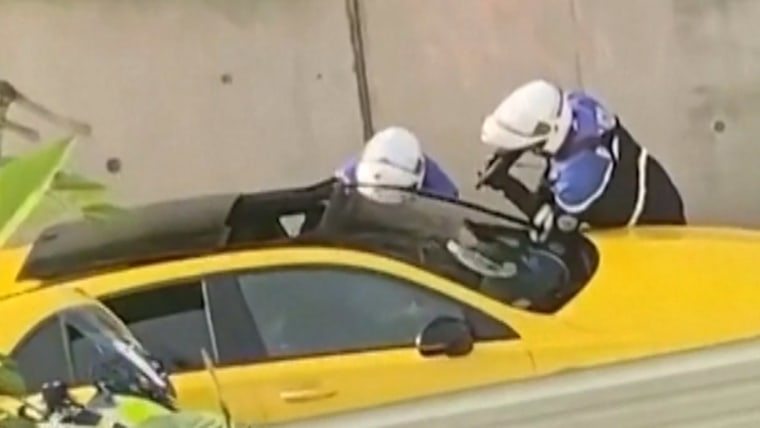


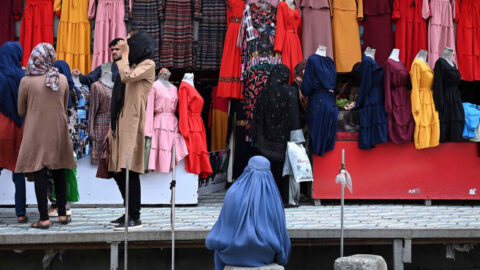
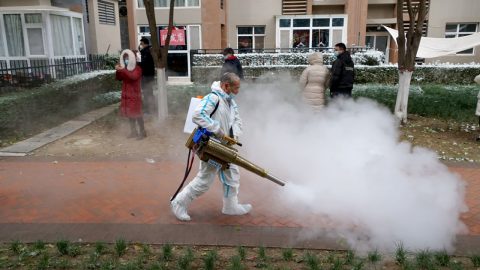
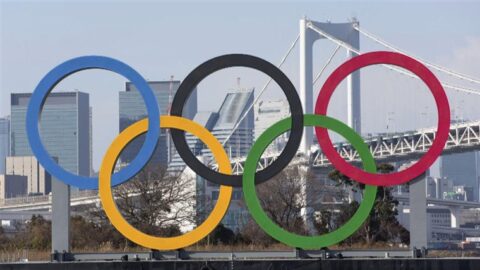
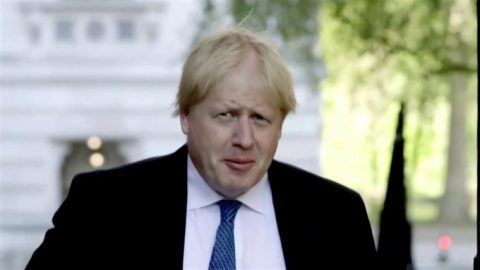
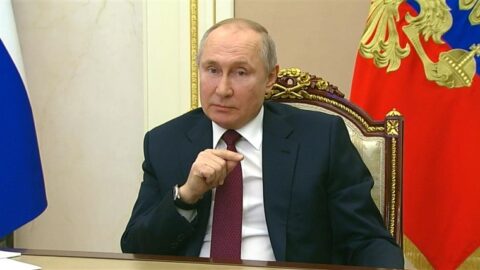
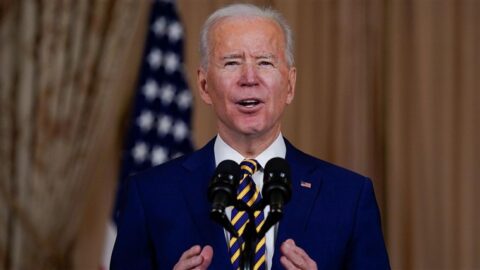
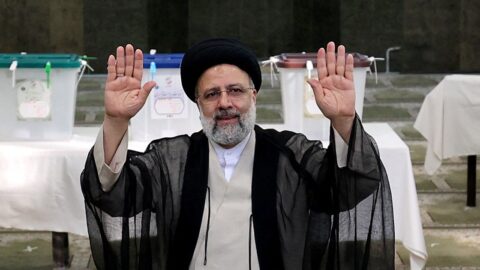
Recent Comments